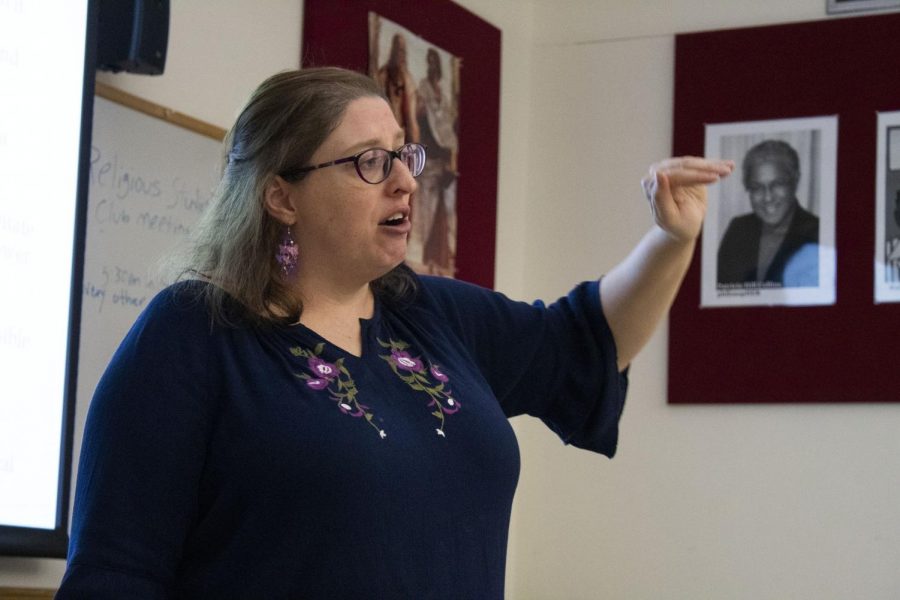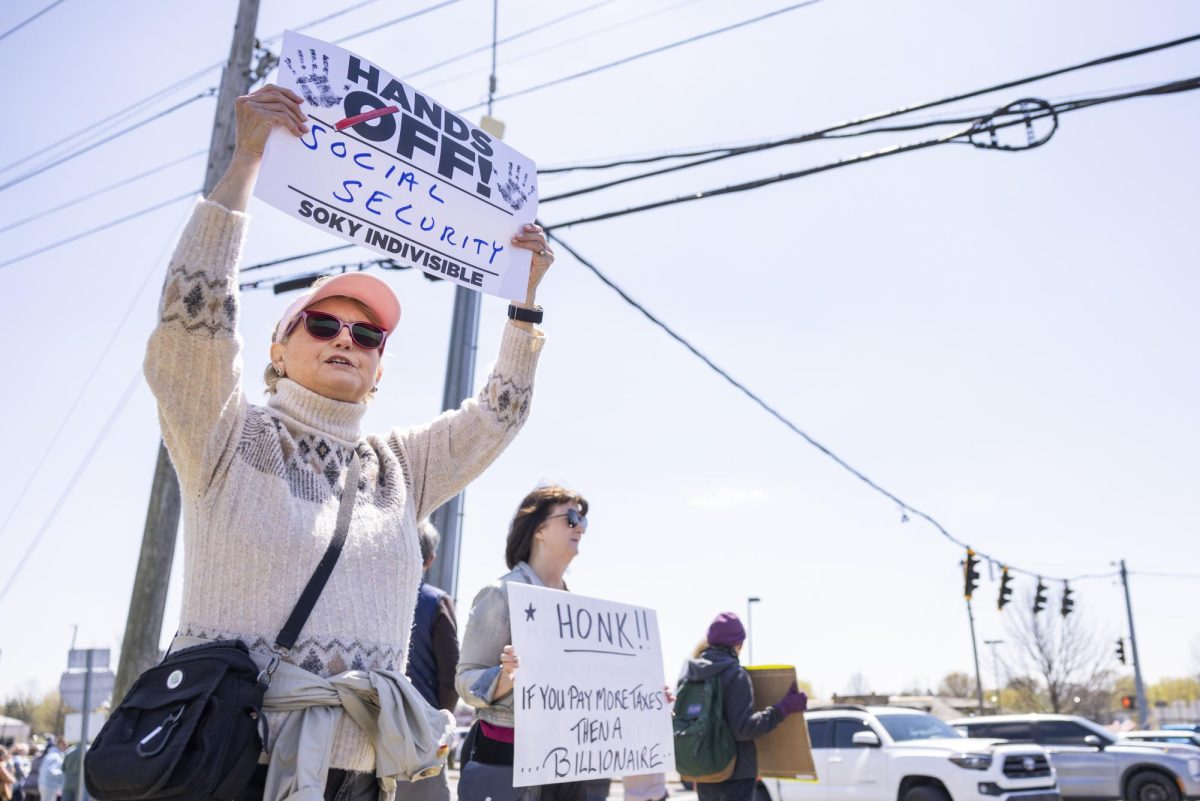Philosophy course examines our darker sides
November 5, 2019
Philosophy 211, “Why Are Bad People Bad?” is a unique course seeking to provoke in-depth discussion and analysis about negative human behavior. The course is taught by professor Audrey Anton, who has been teaching at WKU since 2015.
“This class starts out thinking, ‘What is it to be bad, and how do I avoid that?’” Anton said.
Anton is an ethicist and said most professors in her field approach ethics in terms of defining good and how to be good. She believes this approach is less exciting and practical.
“Becoming bad is something you don’t realize,” Anton said.
She said to make one or two bad decisions doesn’t make you a bad person, but people often trick themselves into thinking they make fewer bad choices than they do.
Ashley Young, a junior from Russellville, said she recommends the course “to anyone who enjoys being in the mind of others and understanding the decisions they make.”
Young said she strongly advises any student who decides to take the course to make an effort to get involved in class discussions.
“Form your own opinions, and don’t be scared to let people know them,” Young said.
Louisville senior Dalton Harjes took the course during the spring 2019 semester. She said she expected the course to be focused on the process of why people do bad things, but the course isn’t that.
She said the course looked at decisions, such as Eve eating the apple in the Bible, then asked whether these were inherently bad decisions. The course also talked about philosophers throughout history such as Aristotle.
“Do we have free will? Do we not? Are people naturally good? Are people naturally evil?” Harjes said. “That was the basis of the whole class.”
She said a lot of the class’ questions and answers were left to opinion as opposed to being answered concretely.
The course extends into some morally dark subjects such as serial killers’ mentalities, which can be overwhelming for some, Anton said. Luckily for students, she has a dog, which she occasionally brings into class to lighten the mood when a topic of the day is particularly troubling.
“I give a trigger warning to the whole class,” Anton said.
The course involves writing assignments which build on objectives stated on the class syllabus. These writings are shorter and consist of writing an abstract on readings assigned, writing an objection to readings and defending readings against objections.
This eventually builds up to a final paper, where students are asked to address the learning objectives of the course.
If you may be interested in the course, register as soon as possible. Anton said the course has had to increase its cap almost every semester. She currently teaches 95 students between two sections of the class.
She said her biggest tip to prospective students is to enter with a willingness to learn.
“Come with an open mind,” Anton said. “And be ready to both gain faith in humanity and lose faith in humanity at the same time.”
Reporter Andrew Martel can be reached at andrew.martel358@topper.wku.edu.

















